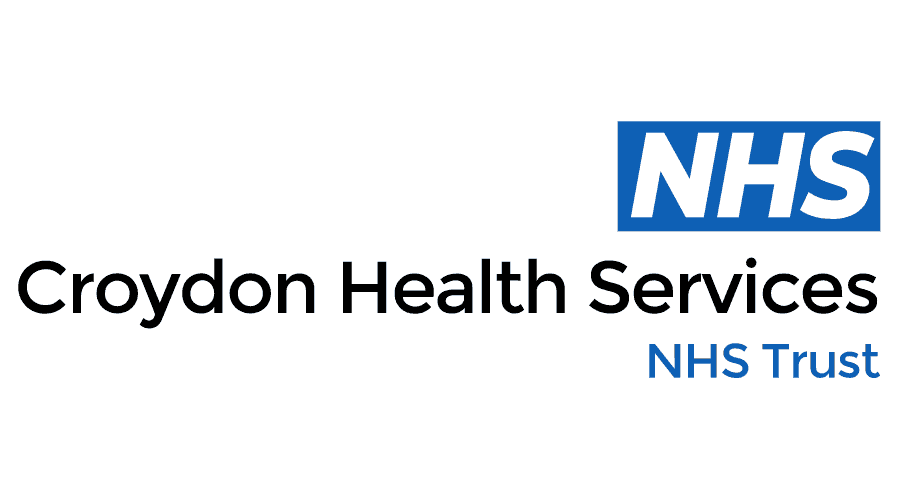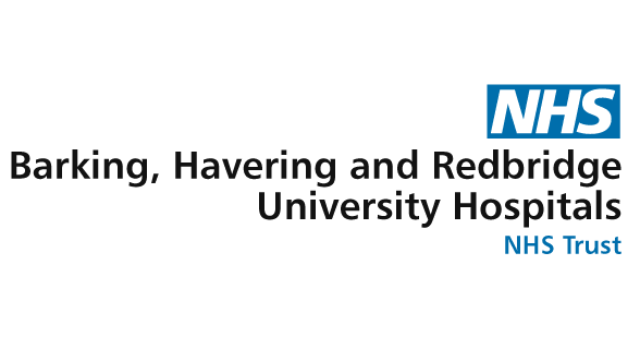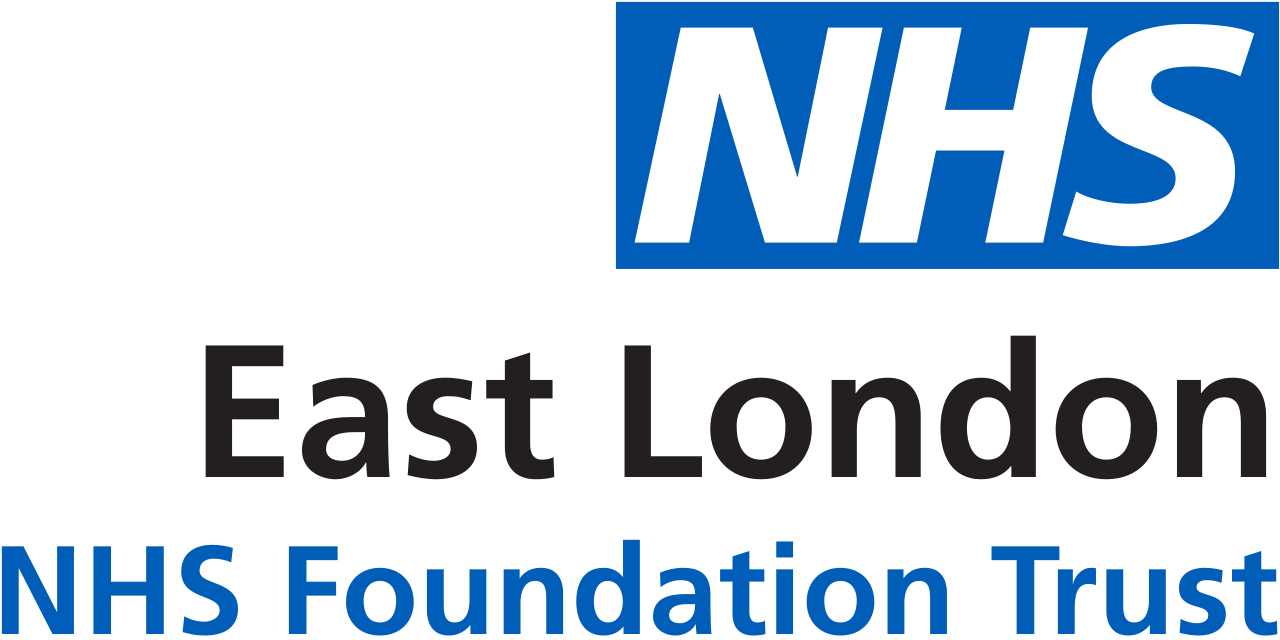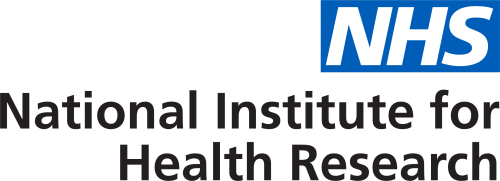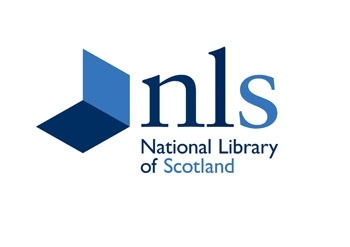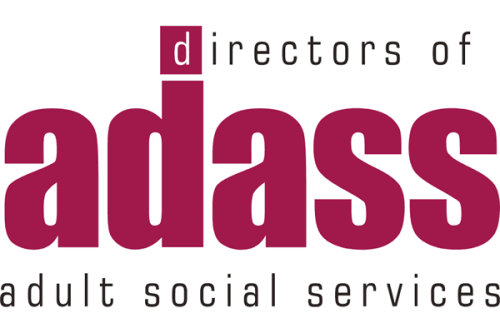• Heath & safety, clinical quality and finance
• Green/sustainability and EDI
• Digital governance and AI
• Governance frameworks
• Staff wellbeing
How strong is your organisation’s core governance?
The very best boards continually ask themselves this question. They have a clear idea of their purpose and role, which helps them focus on the things that really matter.
Governance provides the platform good boards need to become great. It is also the key to recovery when things go wrong.
We work with clients in distress that need to strengthen their governance structures, systems and processes.
Organisations under regulatory pressure choose GGI to help them quickly get back on their feet.
How GGI can help unlock your potential
As an independent, expert partner we will work with you to support and strengthen your organisation’s core governance.
We improve the ability of boards to deliver lean, effective governance, offering practical and creative support that helps complex organisations function to their full potential.
We adapt our work to your particular needs, drawing on international benchmarking and our own extensive experience.
Our areas of focus: tailored solutions
We work with boards to build well-led organisations that are effectively governed and forward thinking.
Our focus is on helping organisations to implement governance that is a positive, enabling force rather than bureaucratic and restrictive.
Our core governance products include highly adaptable, peer-evaluated maturity matrices that help to evaluate your current state and plan effective development.
- Rapid collaboration – Working collaboratively with trusts, we can mobilise an extended team of experienced governance experts to help you prepare for CQC inspections. Starting with an honest assessment of your trust’s performance against the CQC KLOEs, we will identify areas for improvement by interviewing key personnel, observing your board in action and reviewing your documents. Then we’ll highlight areas for improvement, briefing corporate and clinical teams to prepare them for inspection.
- Risk management – Forward-thinking organisations know that risk management cannot be confined to a single department or division, or performed on an ad hoc basis inside operational silos. It must be a collaborative exercise, with ownership shared and managed across the organisation. GGI will work with you to review your board assurance framework (BAF), corporate risk register and divisional risk registers. We will help you ensure there is a golden thread advising of ward-to-board delivery and feedback. And we will work with you on your risk appetite and risk tolerance statements to ensure they become useful tools in your day-to-day decision-making.
- Three cycles – One of the quality improvement tools used in healthcare management is the Plan-Do-Check-Act (PDCA) cycle, used for years by GGI to help boards improve their governance. It’s a great tool but it’s no good in isolation. Lasting improvement only comes if the cycle is repeated – and that’s where GGI’s three cycles approach comes in. Running PDCA three times will help to create a governance assurance structure with fewer, more efficient meetings and with reduced bureaucracy; it will improve governance effectiveness and how meetings operate; it will improve reporting and escalation processes and it will help to demonstrate how the trust committee structure plays into the overall quality governance, performance, use of resources and the assurance system from ward to board.
- Core tools for corporate and clinical governance – We have a range of tools at our disposal designed to help you with the mechanics and dynamics of your corporate and clinical governance, and help you develop strategy. These include a range of maturity matrices, risk appetite BAP, a model for your BAF, a standardised approach to meeting observations to support development and improvement, developed with NHSE/I, material to help with preparations for CQC inspection and well-led reviews, and a framework to help with the development of narratives.
What does it mean to strengthen governance?
It is about taking the most important, fundamental elements of your governance and reviewing and testing them to make sure they are flexible, adaptable, resilient and ultimately fit for purpose.
What are the principles of strong governance?
Strong core governance should be shaped by these principles:
Assurance beats reassurance: board members must understand and value the difference between assurance – proactively establishing for yourself that all is well – and reassurance – reactively having your concerns dispelled by someone else.
Board as regulator of first resort: there should not be any surprises in governance. In a sector as highly regulated as the NHS, there can be a tendency for national bodies to dominate board thinking rather than waiting to discover what a CQC inspection reveals and only then dealing with it. A mature board should already be aware of any issues and have measures in place to address them.
Challenge is positive: there is no place for ego or defensiveness in good governance. Scrutiny should not be viewed as a threat or something to be endured but rather an important lever for driving improvement. Board members have a duty to ask the right questions, as well as constructively challenging the answers.
Sustain core principles: as well as being heavily regulated, the NHS is also in a constant state of flux. In such a changeable landscape, it’s easy for core principles to be swept aside by the latest new initiative. It’s essential for board members to maintain focus, review regularly and ensure good governance principles live on.
Executives and non-executives; a balanced and collaborative relationship between the two is fundamentally important.
Remember to look within: honest self-reflection, collectively and individually, is one of the most important areas of board activity. Using the key lines of inquiry set out in the Well Led Framework, development needs should be continually addressed so board members are equipped to carry out their essential roles.
How would I know if my organisation's governance is strong?
Good governance has definable outcomes you should be able to see and feel, legitimacy, better control, adding value, ethical culture.


